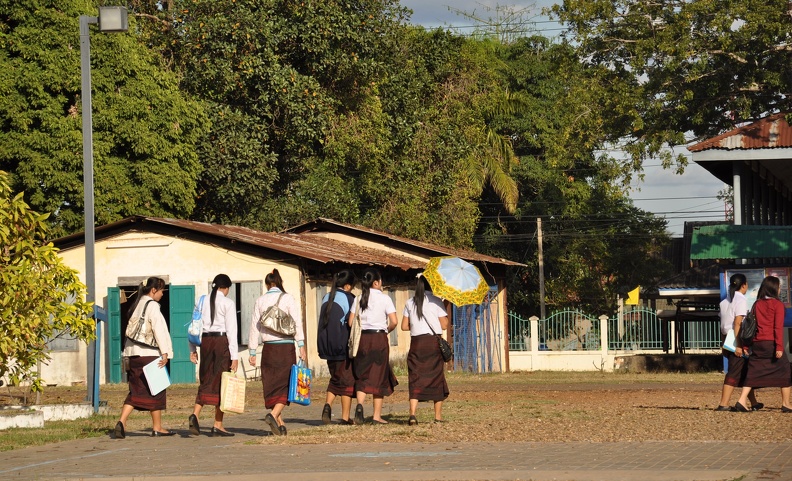Professor Sikata Banerjee, University of Victoria, Canada: “Bollywood Makes Men: Globalization and Muscular Nationalism in India”.
Negotiating masculinity has been a critical dilemma of Indian nationalism since the colonial period, when British constructions of Indian men as effeminate served as part of their gendered justifications for colonial rule. The legacy of this negotiation has surfaced in the socio-political changes in the wake of globalization created by the 1991 economic reforms which have configured the male body as a signifier of India’s new self-confidence on the global stage. Ascendant Hindu nationalism and the emergence of a nationalist triumphalism linked to an assertive global middle class form the material context of this signification. Muscular nationalism, defined in my works as an intersection of armed masculinity with the political doctrine of nationalism, enables a theoretical frame to analyze this version of an imagined India. Culturally, this view of muscular nationalism is eloquently represented in Hindi popular films which are important vehicles for disseminating dominant imaginings of nation in India. I will draw scenes from several films to illustrate this muscular nationalism.
Sikata Banerjee is Professor of Gender Studies at the University of Victoria, Canada. Her work focuses on gender and nationalism in India. She is the author of Warriors in Politics: Hinduism, Nationalism, Violence, and the Shiv Sena in India (Westview 2000); Make Me a Man! Masculinity, Hinduism, and Nationalism in India (SUNY 2005); Muscular Nationalism: Gender, Violence, and Empire in Ireland (NYU 2012); and Globalizing Muscular Nationalism: Gender, Nation and Popular Film in India (Routledge 2016).
Welcome on Monday 23 April, 2-4 pm, Unioninkatu 35, lecture hall 114.
